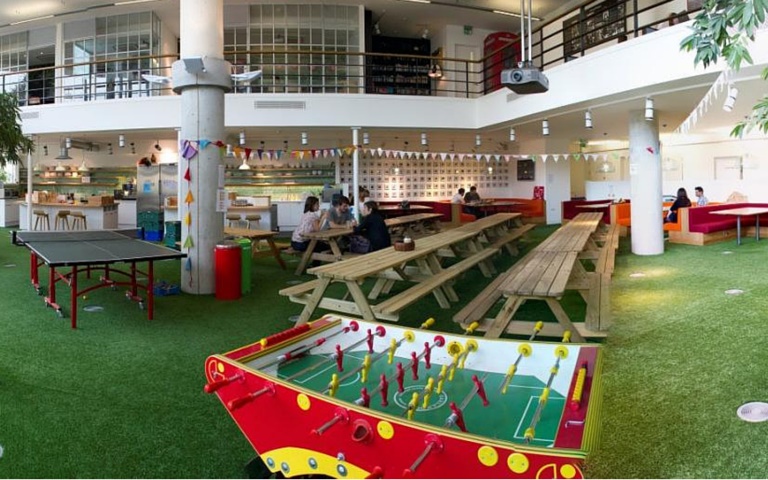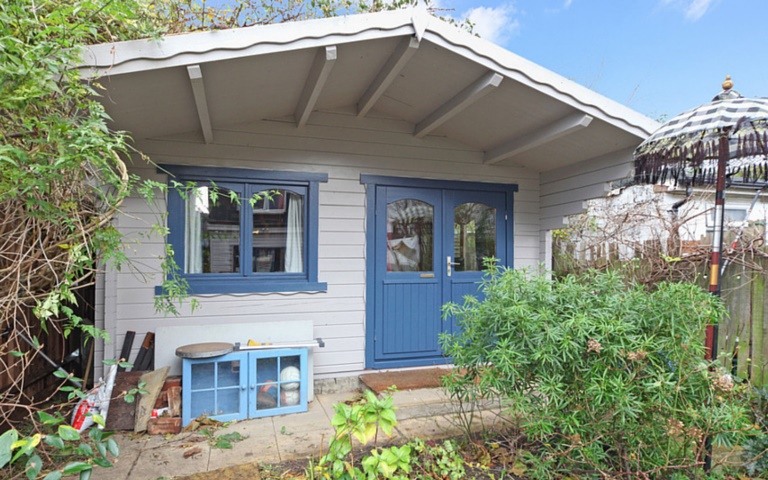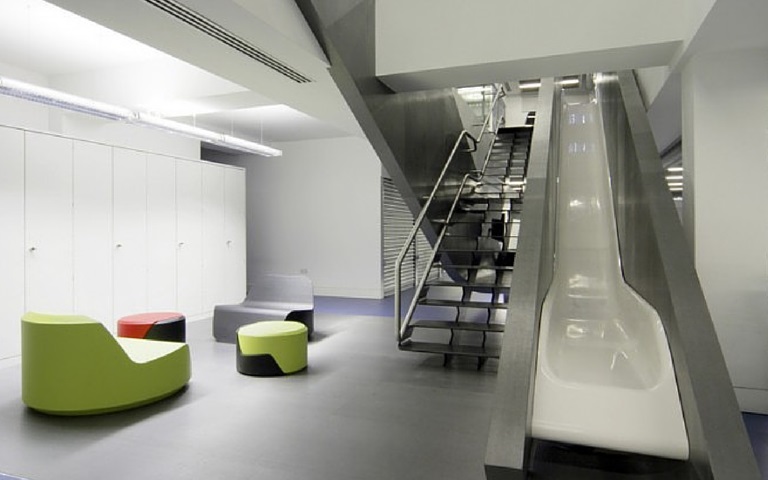We talk frankly to Vrumi host, Amanda about her experiences. Amanda runs her own business and lives in Hammersmith and Fulham with her Mother. She has been a host since December. You can view her space here.

Vrumi Host, Amanda
Hey Amanda, first things first, how did you hear about Vrumi?
Word of mouth! My friends, Tom and Nick [who are also Vrumi hosts] told me about it and I thought why wouldn’t I? We had all this space that wasn’t really being used so I thought I may as well. It’s kind of like Airbnb, if you already use Airbnb then it’s a no-brainer.
How did you find the Vrumi registration process? Did it take a long time?
It was super straightforward, really easy, I did it in a quiet moment at work. It’s perfect.
When you got a booking, how did it fit around your schedule – was it a bit of a chore to organise?
Not at all! My guest arranged to come in the evening, so I was there to let them in, they went and had their therapy session in the room downstairs then let themselves out, I didn’t need to do anything complicated. They were in and out!
And you met them in person?
Yeah, I did. I let them in and they’d go downstairs to work.
So you didn’t need to hand over a key?
Nope. The guest was a life coach, so only wanted the room for an hour in the evening, once a week. I would let the guest in, and for privacy and confidentiality, they would let their clients in and see them out.
You were clearly able to trust the guest, why were you able to trust them?
Yeah, of course, I was able to trust them because of the [ID verification] record that Vrumi keeps, therefore you know who they are before they arrive. Plus, they were always happy for me to be in the house throughout the sessions.
Great! So the booking went smoothly, there weren’t any problems at all?
No nothing, it was perfect. When the time comes that I can do it again I will, 100%.
Because the guest’s a life coach and they had their clients round, did it feel weird to have all these strangers in your house?
No, not really. I actually think that the younger you are, the more used to the sharing economy you are. We’ve grown up with things like Airbnb, crowdfunding platforms, even music sharing, everything is available online, and sharing and privacy aren’t really issues anymore. My mum found it weirder, she sees the home as a private sanctuary, but I don’t think that’s such big a deal. To be honest, it’d be weirder if I had people using my bed and shower for a whole week, rather than my living room.
Do you have any advice for other Vrumi hosts?
Yes, I think leaving guests to their business is really important because ultimately they are there to work. You’ve also got to make the pictures look as nice as possible and have the room look really clean. No one wants to go and work in a dump. But that’s easy for me to say because my Mum’s a bit OCD!
Finally, who would be your dream guest, be it real or fictional, dead or alive?
That’s a hard question. If it was someone I really liked I wouldn’t be able to leave them to their business! Maybe, Socrates tutoring Plato, in their Ancient Grecian togas sitting in my flat. It would be really cool, there’d be some real s**t going on in there. Some real thinking.
Thanks, Amanda!
With Vrumi, you can let spare space in your home to professionals on your own terms and at your own pace. To find out how you can be a host, please read our guide for hosts.
Chelsea Carter is Vrumi’s Content and Social Media Editor.










